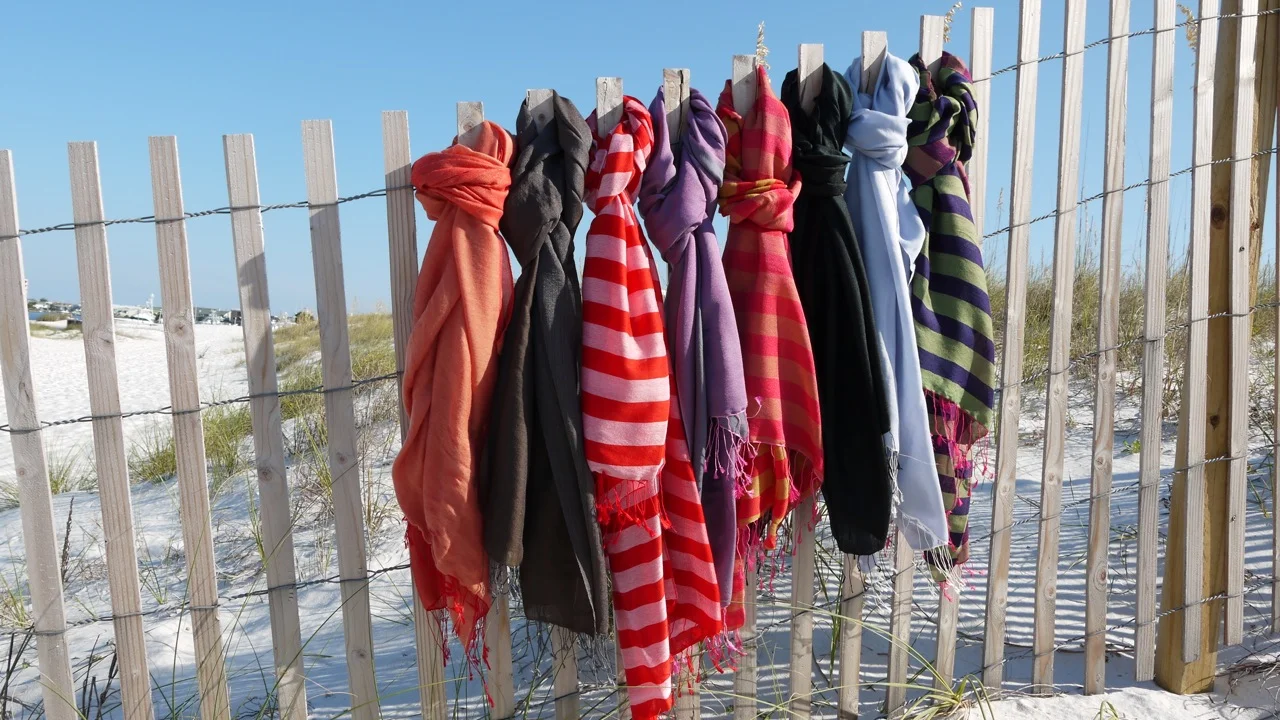Psyched up
Most of us know that it's normal to feel numb in grief. But that doesn't mean it feels acceptable when it's your own feelings that pack up and leave the building.
Complicated grief isn’t defined by the presence of observable symptoms. It’s defined by the absence of ‘normality’ - and that’s a problem.
The Middle Ages. The time of war, famine, mud, pox, leeches, very weird art, and a whole lot of stigma for suicidally bereaved families. Does some of that stigma still exist today?
Are you afraid of failure … or afraid of being a failure? The way we frame failure in our minds can have a massive impact on us, ultimately impacting our ability to succeed.
How do we cope with ‘the most wonderful time of the year’ when someone we love isn’t ever coming home for Christmas?
“You never get over it.” In the early days of raw grief, those words can feel like your own death sentence. But are they true?
Resilience is the biggest buzzword in the wellbeing, mindfulness and mung beans world at the moment. It’s also easily misunderstood.
You may not like what you feel. But the existence (or absence) of a feeling doesn’t make you a horrible person. It’s just information. Often very handy information.
Compulsive behaviour, whatever form it takes, plays havoc with our sense of ourselves. Everything cell in your body seems to scream at you don’t do the thing. And of course, you do the thing. Again.
To a fish, a childhood lived in water is ‘normal’. As children we learned to adapt to the interpersonal world we were born into, which became our ‘water’ - the stuff we don’t even see, but which may not be helpful or even true.
At first glance, anger is simple. Something bad happened and you got mad, right? Easy. Except if you really think about it, there’s a lot of other things you could feel in addition to the anger (or perhaps did feel, before the anger took over).
Always, we run out of time. We think we’ll figure it out one day, learn to do the thing we want, reconnect with that person we fell out with. On one level, we cognitively know this isn’t true, but we don’t ever really believe it.
Why do some of us seem to dive into romantic destruction over and over ? Because we instinctively seek the love we know, no matter how much the intellectual part of us may want something different.
People suffering from bulimia often take years to seek help. Years spent in quiet misery, fear and confusion. If you’re reading this and some of it rings true for you, I hope it brings you some hope of your own.
What’s known for certain about complicated grief (as many before me have predictably punned) is that it’s complicated.
It’s tough enough choosing someone to talk to about your deepest darkest on the basis of a grainy photo and a couple of paragraphs. What do all these psycho-labels mean? Which one is better? What the heck do all those letters stand for?
















